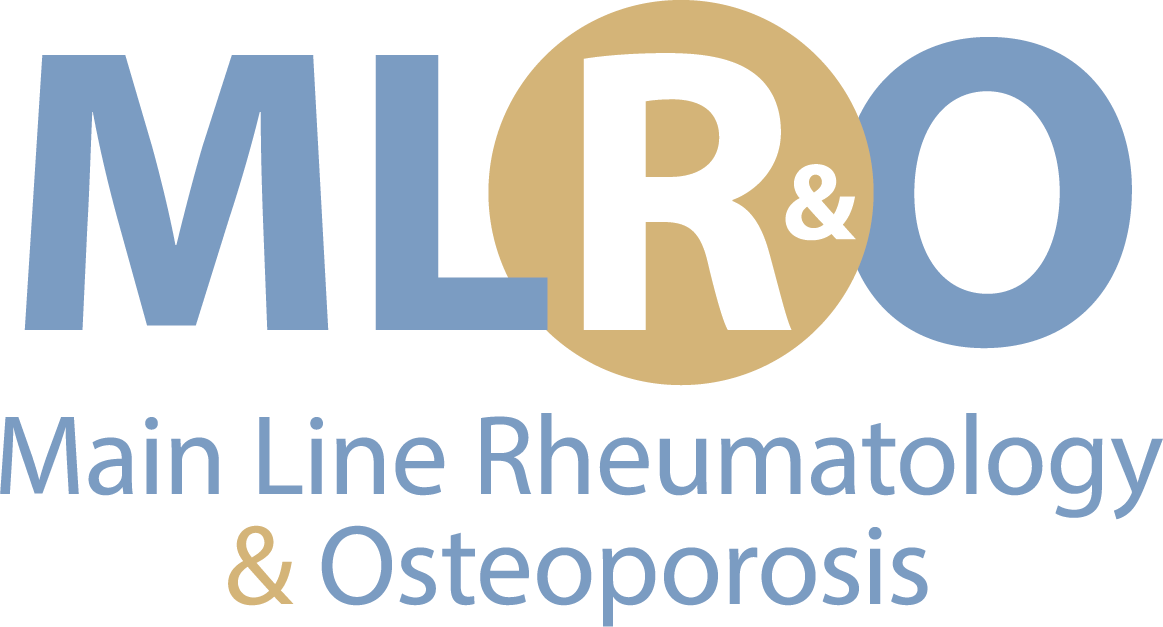Most patients who are curious and comfortable using the internet, often go to Google to check out information that their doctor gave them during an office visit. Is Dr. Google always dependable or useful? Sometimes.
While online, patients visit websites, enter chat rooms or interact online with friends and family in the differential diagnosis of possibilities that might prove helpful in finding additional information, helping to facilitate a full and accurate diagnosis and treatment plan. On the other hand, not all websites, chat rooms or friends and family’s opinions are created equal. I have found the most dependable information on medical school-related websites such as Harvard, Johns Hopkins, Mayo Clinic, U Penn and Stanford University. In comparison and in my medical opinion, I often disagree with information presented on WebMD and Drugs.com, among other websites.
It is helpful in maintaining a good and trusted relationship with your doctor to ask whether information you have discovered makes sense in your medical condition, or case. Confronting your doctor and saying he or she is “wrong” and that you have discovered “correct” data from WebMD, for example, not only weakens your doctor-patient trust bond, but can burn bridges and end up being of little help. Today, patients want to be informed consumers. I applaud being curious and responsible in the quest for answers; this is our new normal. But some medical information available to patients online, even on trusted websites as above, can be easily misunderstood or read out of context, such as listed medication side effects, or even dangerous drug combinations. Every patient is an individual. Every medical condition is unique to each individual patient. Let your doctor who is your trusted medical partner and knows your personal medical history, listen to everything you have to share and about your concerns and address your diagnosis and treatment.
When watching TV drug commercials, if you are a patient with a certain condition or disease, you know the frightened reaction you may have when hearing about serious drug side effects, especially the biologics which doctors use to treat rheumatoid and psoriatic arthritis. Are they real side effects that could actually affect you? Yes and no. The drug manufacturer is concerned about liability and being sued for not stating a list of potential side effects, and after seeing the commercial, we ask ourselves, “Why would anyone in their right mind take on such risk?” For example, most of these commercials talk about cancer and lymphoma. To the best of my knowledge, there are no recent studies showing an increase in the frequency of solid tumors. Lymphomas occur more commonly in rheumatoid arthritis, regardless of whether patients are on a biologic (drug) agent, and it is still unclear whether the biologic drugs like Humira or Enbrel, increase the risk of lymphomas. Not treating an active disease like rheumatoid or psoriatic arthritis, can have its own obvious consequences.
So what is the conclusion? An ounce of prevention is worth a pound of cure. Be an informed consumer, discuss with your doctor and together, agree on the right treatment for you.


